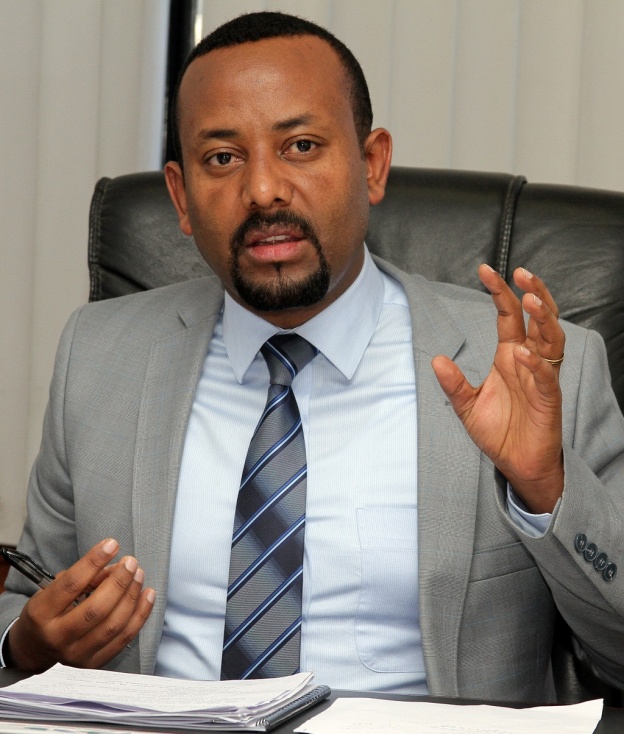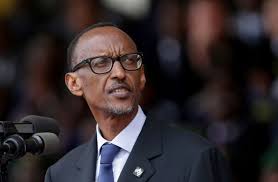By Peter Olorunnisomo – Africa is reeling in a flux and reflux of diplomatic flirtations more than would have been witnessed in the last 30 years or more. So intense is the willingness to love and be loved that the risk of the African proverb of mistaking one’s wife for a girlfriend is apt ear-pulling especially for African states.

Such is the intensity that academicians and certain ‘conservative’ opinions begin to define the landscape of economically and industrially driven flirtations as another step in the largely revolving definition of the concept of neo-liberalisation.
This is even more significantly applicable when the robust energy of African states in courting foreign investments and the preparedness for the investors (suitors) on policy and agreeable terms make chivalry an endeared term again in the lexis of diplomacy.

Perhaps the theme of the United Nations General Assembly, “Making the United Nations relevant to all people: global leadership and shared responsibilities for peaceful, equitable and sustainable societies” will serve to fuel the increasing need to search for new ‘brides’ or ‘girlfriends’ while the issue of divorcing old ones become as tricky as idiosyncratic to suitable temperaments.
Rwanda has attracted Arsenal Football Club and it is now an Arsenal-stable tourist nation. There’s no point trying to calculate the gross benefits of such an endorsement. In the horn of Ethiopia, Eritrea, and Sudanese axis is the agreement to reconstruct a highway port as never had in Africa to attract development, trade, and significant political relationships from that bight to the advantage of these states. And funding from the middle East.

Just as the United Kingdom is rallying around its allies with a bouquet of English roses but not an invitation to the pub, the concern to spread diplomatic goodwill and possible strengthen alliances takes a wider sweep.
But this is happening on the sleeves of China’s strategic and stealthy incursion into Africa, coaxing the love of African countries with chinese style ‘stir fry’ and a bench to sit and ‘let’s get it on’ in just the way the late Marvin Gaye would never have imagined.
Trump’s brash and bash outlook hasn’t done much favours for the American power. His lambasts and unguarded statements about African countries, not minding the influence and history of relationship, may only have pushed a few African states to listen to the music from the East even if they do not understand the lyrics.
It is common knowledge that Ethiopia, under its Prime Minister, Abiy, is positioning itself for greater participation and influence in the African continent and beyond. It is thus no surprise that a top diplomat of the United States says Washington “definitely wants to be partners in Ethiopia’s evolution” through technical assistance, financial reforms and investment.
As America learns new lines of poetic romance, Tibor Nagy speaking on the side-lines of the on-going United Nations General Assembly said political and economic reforms in countries like Ethiopia and Angola were “prime examples” of how visionary leaders could transform countries and attract investor interest.
“The lamps are coming back on in an incredibly important region,” said Nagy, who was recently sworn in as U.S. Assistant Secretary of state for Africa.
Acknowledging that the Ethiopian Prime Minister Abiy Ahmed’s ruling coalition has ended a state of emergency and released political prisoners, the PM has also announced plans to partially open up the economy to foreign investors.
In his boldest move, he has restored diplomatic ties and reopened the border with Eritrea, 20 years after the neighbours started a border war that killed an estimated 80,000 people.
Nagy said, however, recent protests in Ethiopia’s Somali region and on the outskirts of the capital Addis Ababa illustrated the delicate nature of political change in Africa’s second most populous country.
“The prime minister is in an extremely delicate situation because on the one hand if it’s too light of a touch and he doesn’t respond, then people’s lives are lost. If he comes in with too heavy a hand, then there is law enforcement brutality … that the government has been systematically criticised for now for decades.”
Nonetheless, US interest in Ethiopia, just as it sounded conditional love to Zimbabwe to toe the constitution in delivering elections and reforms, is a pointer to the expediency of relationship Africa must begin to evaluate and exploit.
In much the same way as Amnesty International on Monday warned against the return to authoritarian rule after authorities arrested more than 1,200 people suspected of orchestrating the violence in the capital and the Oromia town of Burayu in the recent past.
Elections are due in Ethiopia in 2020, and Abiy has pledged a democratic electoral process and smooth transition if the ruling coalition loses power.
The landscape of African heads of government participation at the on-going UNGA can’t be a better testimony of the voices that are finding their chords.
Kindly follow us on twitter:@AfricanVoice2








